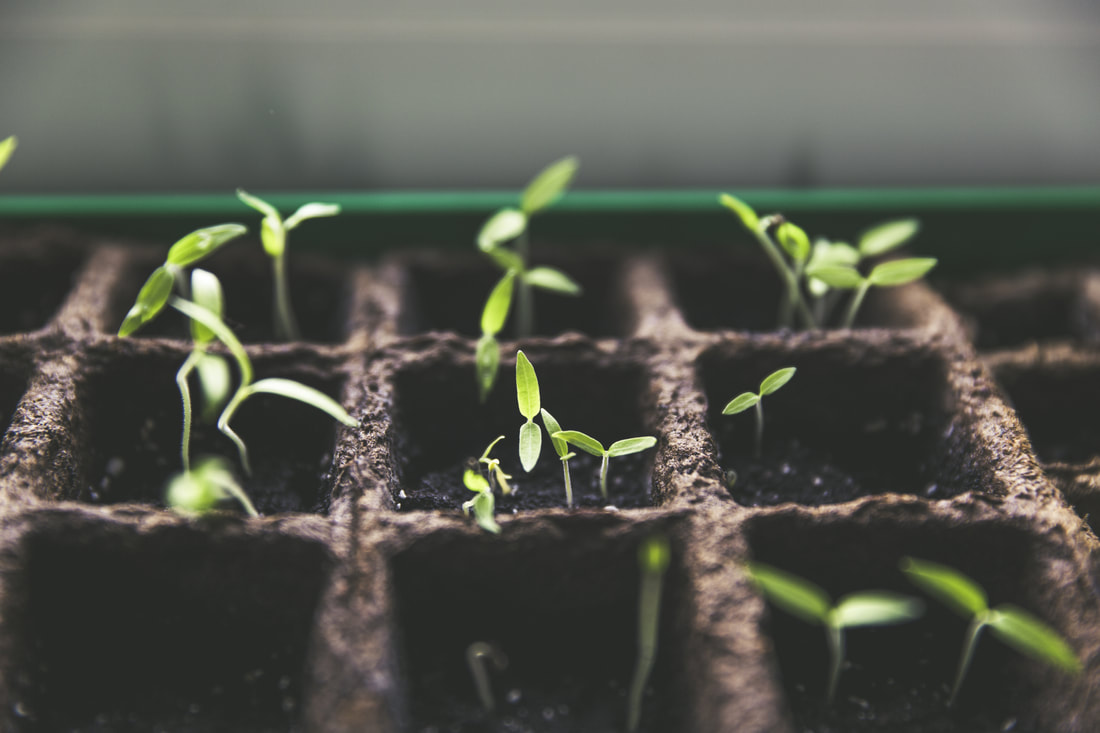AuthorAymie Neudorf Matthew 13: 1-9 (NRSV) That same day Jesus went out of the house and sat beside the sea. Such great crowds gathered around him that he got into a boat and sat there, while the whole crowd stood on the beach. And he told them many things in parables, saying: “Listen! A sower went out to sow. And as he sowed, some seeds fell on the path, and the birds came and ate them up. Other seeds fell on rocky ground, where they did not have much soil, and they sprang up quickly, since they had no depth of soil. But when the sun rose, they were scorched; and since they had no root, they withered away. Other seeds fell among thorns, and the thorns grew up and choked them. Other seeds fell on good soil and brought forth grain, some a hundredfold, some sixty, some thirty. Let anyone with ears listen!” After watching a video (below) about the similarities in gardening and one’s life, the scripture above resonated with us all. In order to have a holistic life you need to tend to the many needs in one’s life. The same as when you plant a garden. Our soil needs to be open to awakening the life within the seed. We are the soil that needs to be open and receptive to new life in our midst. Like with a harvest, you have to till the soil. You have to cultivate the soil. You have to turn it over, you have to grab the dirt clobs and break them apart. You have to remove root systems and old weeds that threaten to choke out life. You have to be willing to disrupt the soil so that new life might emerge. This is the same in congregational life. We have to be willing to disrupt the soil. Encounters with God and the Holy Spirit can cause disruption. It can be uncomfortable. It can be chaotic, but it can also be transforming.
Learning about the different seeds that you have to plant and what complexities each one has is such a vital part of growth. Where can we plant it so that it might thrive most fully? In this act we abandon the mentality that one size fits all. Are we paying attention to both soil and seed? We must relinquish control and trust. That in the darkness life is forming. Are we willing to wait and trust in what is unseen? When we tend to our soil it can be a hard and daily task to ensure that life is becoming. This is a practice that never ends, day in and day out to constantly ensure life is thriving. Are we paying attention to what is still needed for growth and are we willing to put in the effort to sustain what is coming alive in front of us? When it comes time to harvest, we then get to enjoy that life. That life we have planted and tended to. It is a time to celebrate, a time to rejoice. In the end, our final step is rest. Rest is when we renew the soil. We let the nutrients back so that life may be sustained again. We need Sabbath in our spiritual lives. That time with God allows us to feel refreshed. In each of our lives we have found that we become robotic to our daily tasks, we fall into the wash, rinse, and repeat cycle. But coming to Hills of Peace is the rest we look for, that feeling of being whole as an individual and as a community. We renew those past relationships so that we can thrive in our communities at home. We have laughed, cried, and found strength in each other. We know that we have learnt more about each other and ourselves, and in the end we carry this part of the mission statement with us: “God, Grant us the courage to risk somethings new.”
1 Comment
|
AuthorsCalgary Spark is a collection of stories told by members and friends of the church alike. Each person's story is helping to shape our community in new ways. Archives
January 2021
Categories
All
|


 RSS Feed
RSS Feed
